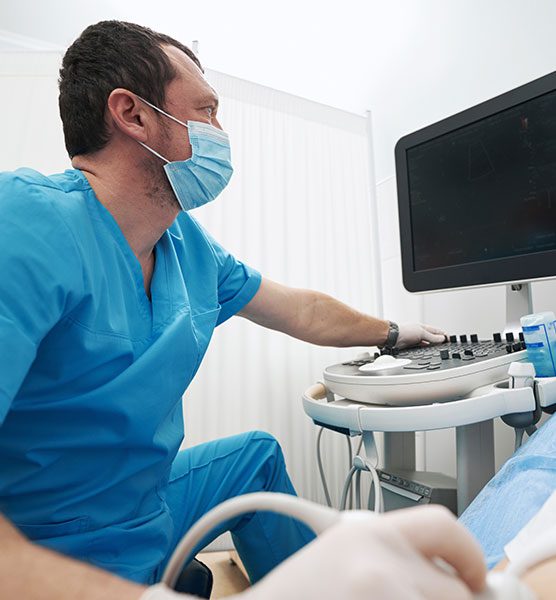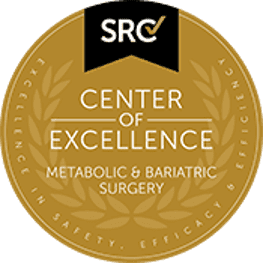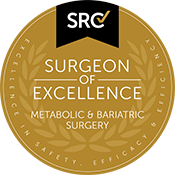Oesophageal Cancer

Oesophageal cancer
The two common types of oesophageal cancers are squamous cell and adenocarcinoma.
Squamous cell cancers of the oesophagus are associated with smoking and alcohol. Squamous cell cancers typically manifest in the proximal (higher up) to mid oesophagus. The diagnosis is usually made on appearance, location and biopsies. As this cancer has a different biological behaviour, the treatment can be quite different. Radiotherapy is frequently used in conjunction with chemotherapy. Combination of the two therapies with surgery is another option especially when the tumour is in the lower part of the oesophagus.
Adenocarcinoma of the oesophagus typically occurs in the lower oesophagus. There are contributory factors such as long-term reflux, obesity, alcohol and smoking. Long-term reflux leads to formation of Barrett’s oesophagus. The commonest sequence of treatment is chemo +/- radiotherapy (3 months) then surgery followed by more chemotherapy. Smaller or early tumours can be treated with surgery alone.
Symptoms associated with oesophageal cancer
- Rapid weight loss
- Changes in appetite
- Bringing up blood or black stools (blood in stools)
- Difficulty with swallowing liquids or solids
- Bringing up food
- Worsening reflux
If you are experiencing any of these symptoms, please seek early assessment.
Management of oesophageal cancer
Prior to commencing treatments, it is important to do the following:
- Stage the tumour
CT/PET imaging to assess the tumour, possible laparoscopy to visualise the tumour - Assessing fitness for surgery
- Multi-disciplinary meeting
Where we discuss each case individually and tailor management accordingly - Optimising nutrition
Sometimes an alternative route of feeding is required in patients who no longer tolerate oral or a liquid diet
Treatment for Oesophageal cancer
With curative intent, your treatment will comprise of one or a combination of the following:
- Chemotherapy
- Radiotherapy
- Surgery
If the cancer had reached a stage where the chance of cure was negligible, surgery would not be advisable since it is a very major operation with prolonged recovery, high risk and likely to be of little benefit. There are other surgical treatments (such as oesophageal stents) that can provide good relief without affecting survival.
Each treatment pathway is very much individualised according to the tumour, your health and wishes. We will work closely together with you and your loved ones throughout this challenging times.



